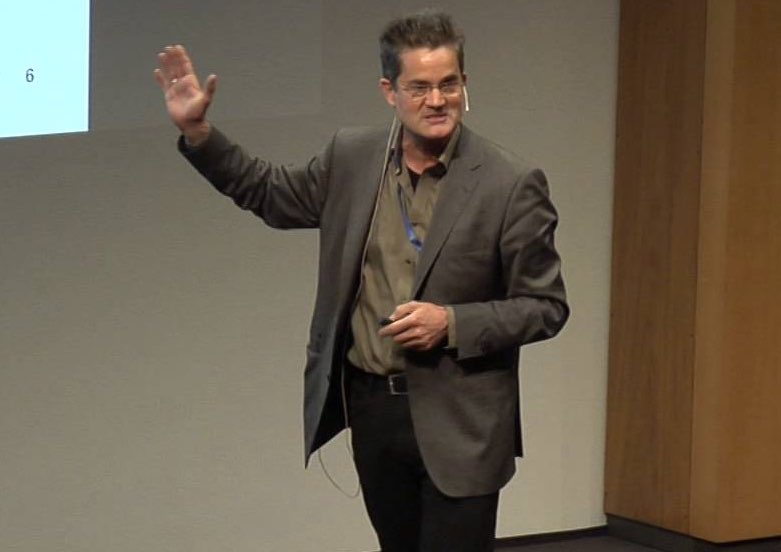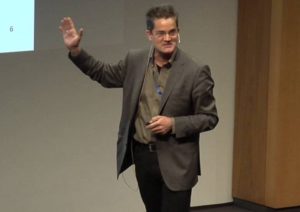In this video from the HPC User Forum at Argonne, Thomas Schulthess presents: An Update on CSCS.
CSCS develops and operates cutting-edge high-performance computing systems as an essential service facility for Swiss researchers. These computing systems are used by scientists for a diverse range of purposes – from high-resolution simulations to the analysis of complex data. Simulation is considered the third pillar of science, alongside theory and experimentation, and scientists from an increasing number of disciplines are using high-performance computing simulation for their research. For example, supercomputers are used to model new materials with hitherto unknown properties. Climate modelling and weather forecasting would be impossible without them. In social science, simulations can help prevent mass panic by predicting people’s behavior. In medicine, computer simulations aid diagnostics help improve treatment methods. Moreover, they can facilitate risk assessments for natural hazards such as earthquakes and the tsunamis they might trigger.
CSCS has a strong track record in supporting the processing, analysis and storage of scientific data, and is investing heavily in new tools and computing systems to support data science applications. For more than a decade, CSCS has been involved in the analysis of the many petabytes of data produced by scientific instruments such as the Large Hadron Collider (LHC) at CERN. Supporting scientists in extracting knowledge from structured and unstructured data is a key priority for CSCS.”
Thomas Schulthess is director of the Swiss National Supercomputing Centre (CSCS) and a professor for computational physics at ETH Zürich. He received his Ph.D. in 1994 from ETH Zürich and spent many years at Oak Ridge National Laboratory, where today he holds a distinguished visiting scientist appointment. While his primary research is on computational methods for materials science, he recently took interest in the development of energy-efficient computing systems for climate modeling and meteorology.





